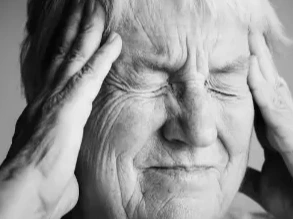Neurodegeneration refers to the progressive loss of neuron structure or function, which may eventually lead to cell death. Many neurodegenerative diseases, such as amyotrophic lateral sclerosis, multiple sclerosis, Parkinson's disease, Alzheimer's disease, Huntington's disease and prion disease, are the results of neurodegenerative processes. Neurodegeneration can be found in many different levels of neuronal circuits in the brain, from molecules to systems. Since there is no known method to reverse the progressive degeneration of neurons, these diseases are considered incurable. Biomedical research has revealed many similarities between these diseases at the subcellular level, including atypical protein assembly (such as protein diseases) and induction of cell death. These similarities indicate that progress in the treatment of one neurodegenerative disease may also improve other diseases. This collection of entries aims to collect various medical research results related to neurodegeneration. We invite researchers to share their new results and ideas related to neurodegeneration.
- 873
- 08 Mar 2023
- 1.4K
- 08 Mar 2023
- 2.4K
- 07 Mar 2023
- 4.4K
- 06 Mar 2023
- 684
- 01 Mar 2023
- 895
- 10 Mar 2023
- 1.3K
- 01 Mar 2023
- 746
- 27 Feb 2023
- 1.5K
- 24 Feb 2023
- 1.4K
- 23 Feb 2023

